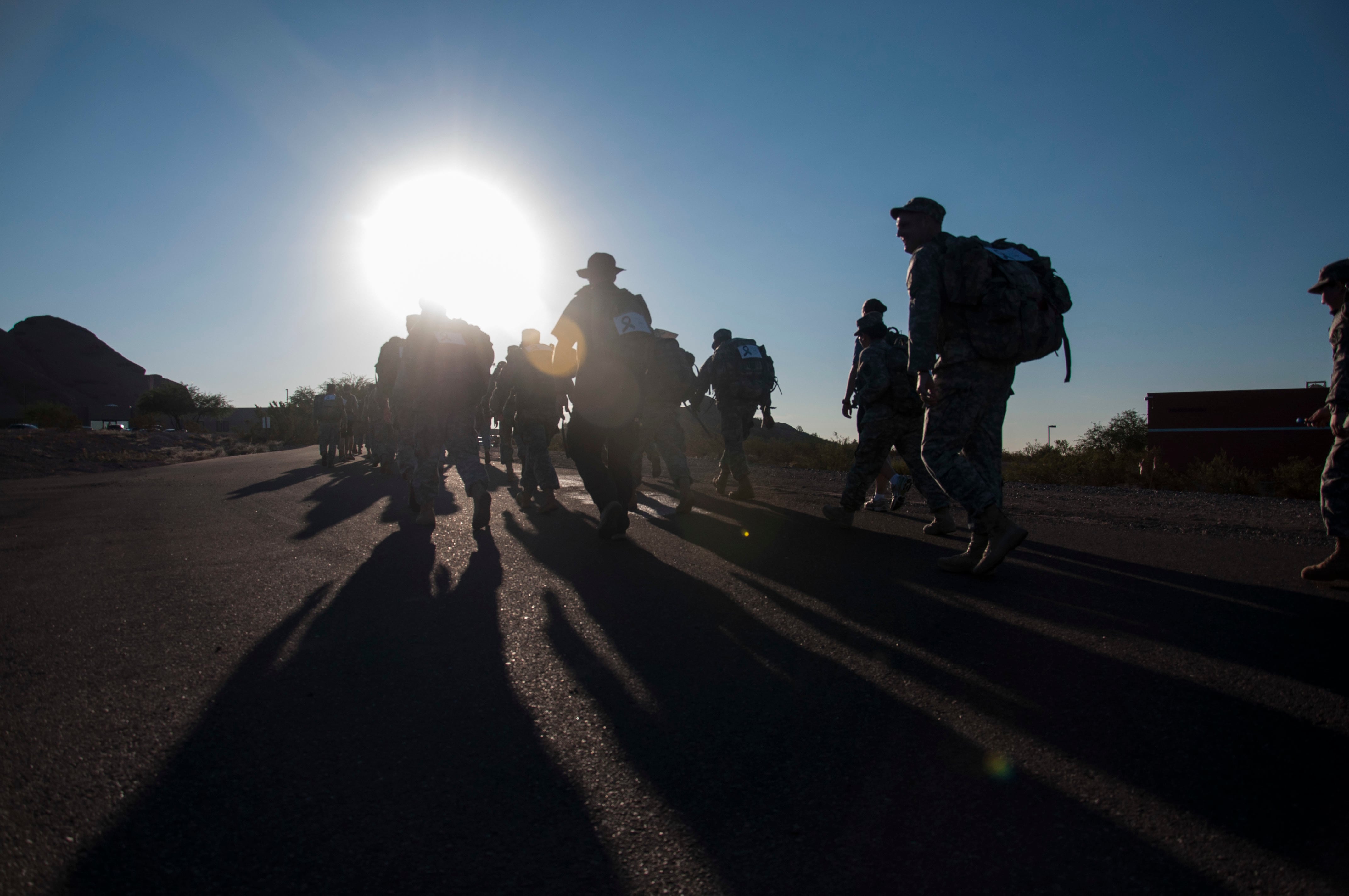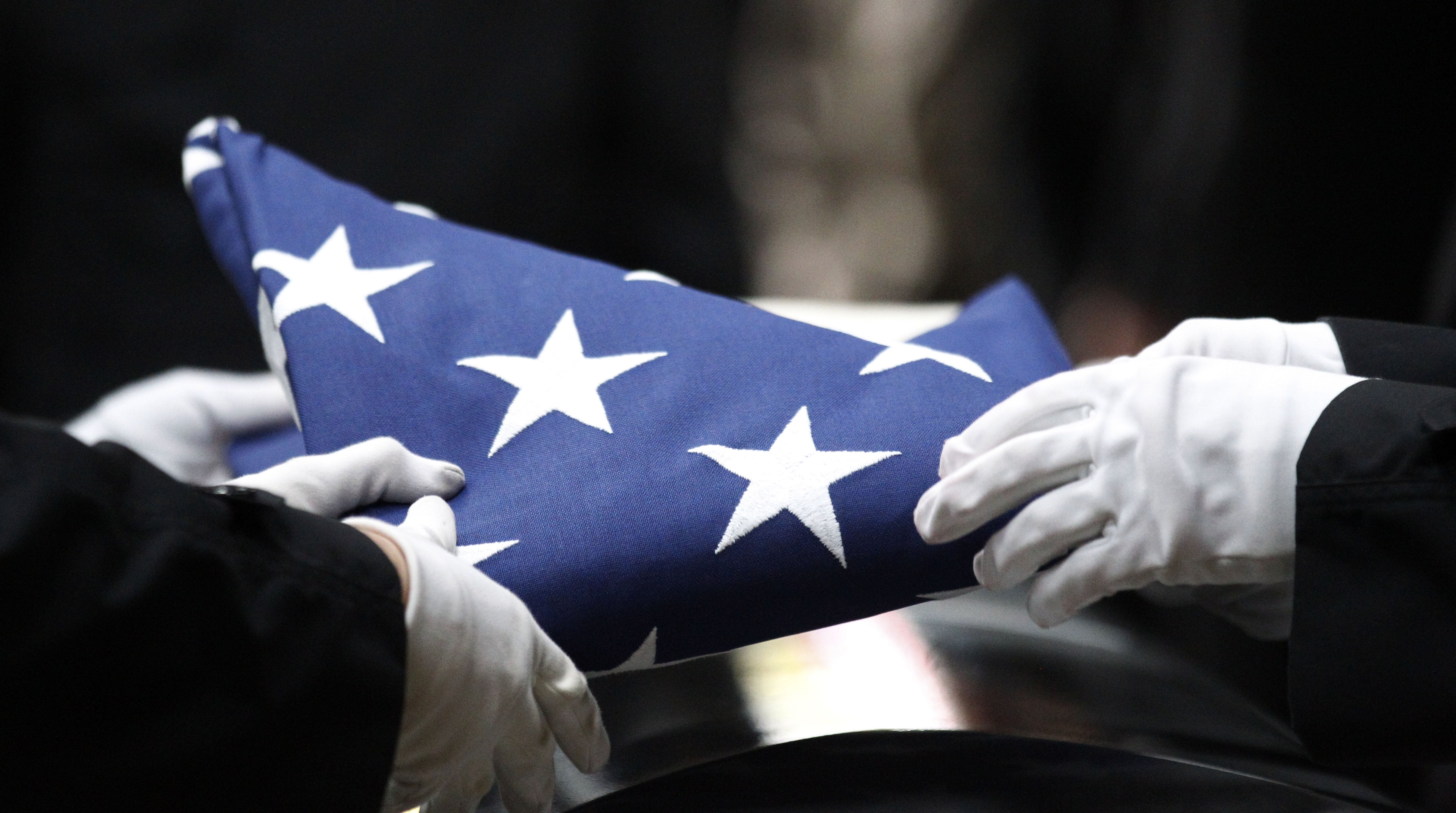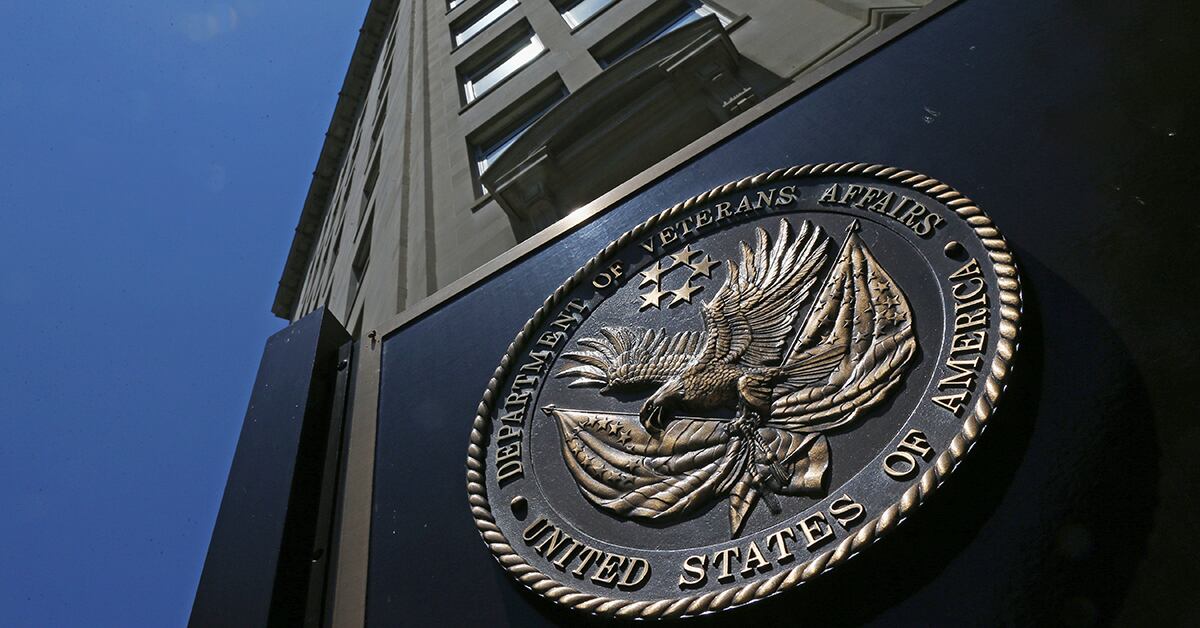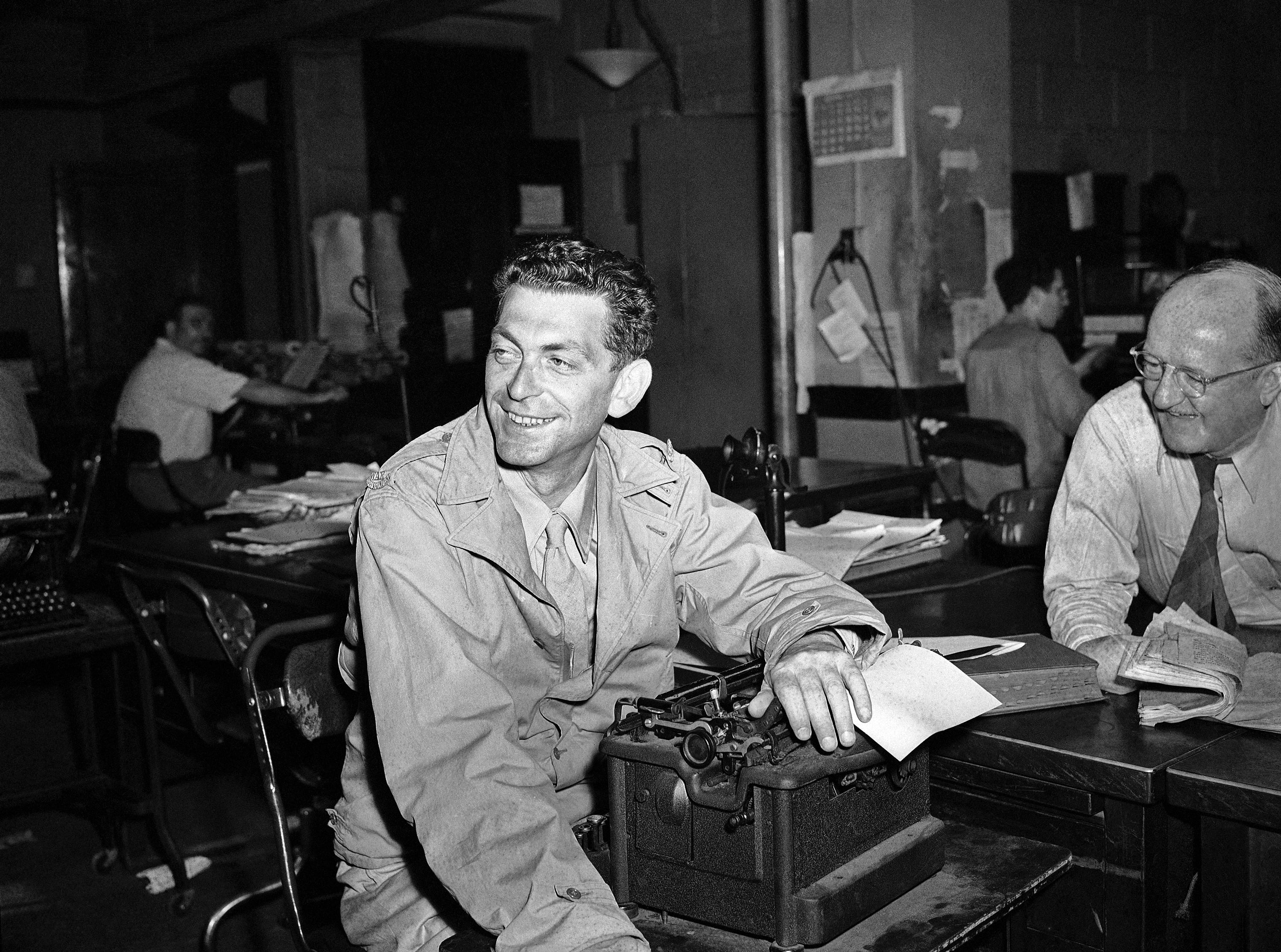Veterans in need of emergency counseling can reach the Veterans Crisis Line by dialing 988 and selecting option 1 after connecting to reach a VA staffer. In addition, veterans, troops or their family members can also text 838255 for help, or visit VeteransCrisisLine.net for assistance.
Virtually every workout I do starts with 100 kettlebell swings, but in the past couple of years I’ve increased that number to 101. That last rep is for Nick. Nick was a team leader in my squad when I arrived at the 75th Ranger Regiment as a brand-new Army infantry soldier in 2007. He hadn’t been there long but he already wore the coveted Ranger tab, which put him light years ahead of me in the unit hierarchy. Nick wasn’t exactly an inspirational leader, but he’d only just started out. So had I, so I didn’t exactly give him the benefit of the doubt, and two years later, I moved on to the next post, with no reason to keep in touch.
Fifteen years passed with no further interaction until, in January of 2022, I received a friend request from Nick on Facebook. I accepted, feeling no animosity toward him and open to the prospect of starting fresh. But I didn’t go out of my way to message him. Three months later a post to Nick’s profile showed up in my feed. My blood went cold as I read it, discerning that something had gone terribly wrong. I navigated to Nick’s profile, which was overflowing with condolences and memories. My suspicions were confirmed: Nick had died by suicide.
I don’t like to deal in counterfactuals and “what ifs,” but given the news of Nick’s suicide within a mere three months of him “friending” me after 15 years of no communication whatsoever, I couldn’t help but feel a sense of guilt. I don’t know that reaching out to him would have solved anything, but I could have at least tried. And, granted, we hadn’t spoken in a decade and a half, but he was still a brother-in-arms who had signaled a desire to connect.
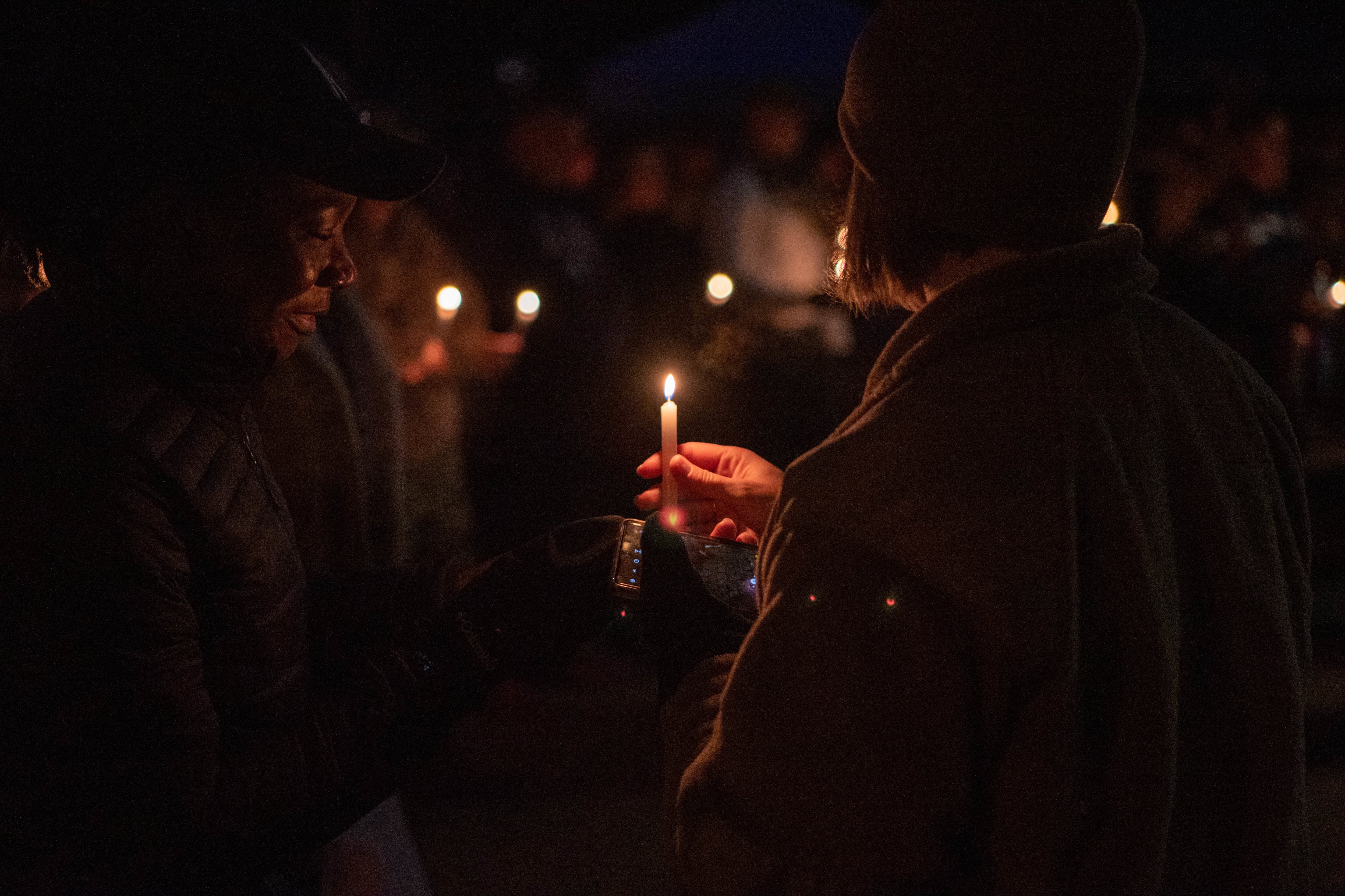
As I read what other soldiers and veterans wrote about him on his Facebook profile, that sense of guilt mingled strangely with a sense of pride. His feed was riddled with testimonies from peers and subordinates who had come after me, with one fellow Ranger writing, “There was no competing with Nick. It was just everyone else competing for second place...but Nick would be your biggest supporter.”
Another declared, “Nick is what I hope to be as a leader in the military.” A third observed, surprisingly to me, that Nick was “one of the nicest people I ever had the privilege of meeting.”
I didn’t remember Nick as a particularly “nice” person, but the decorated Ranger I was reading about wasn’t the same young team leader I had known many years ago. The Army gave Nick the one thing he needed to make that transformation from inexperienced to great leader: time.
I can’t help but think that time was all he needed to overcome the demons he battled. A few years or perhaps even months may have sufficed for Nick to rediscover his value and to find that sense of purpose that makes the difficulties of life worth enduring.
We discover a meaningful life at the intersection of what is truly good and what we uniquely have to offer. Perhaps Nick just needed a bit more time to find that sweet spot. A word of encouragement from me wouldn’t have solved his problems, but it just might have given him enough hope to press on for a bit longer.
The thing about suicide prevention is that it doesn’t translate into promotions or public recognition. It’s not something you can put on your resume or brag about on LinkedIn. It requires a deep appreciation for the inherent value and dignity of every human being, a truth advocated in the Tao and every major religion. To take suicide prevention seriously is to understand that it is worth doing, not for its utility, but for its own sake.
Suicide prevention is also a quintessentially American duty, binding upon the government and on every citizen. Our founding document, the Declaration of Independence, specifically enumerates “life” as a God-given, inherent right and a necessary prerequisite to “the pursuit of happiness,” which is 18th-century vernacular for a meaningful and virtuous life. In that context, suicide prevention involves more than just discouraging self-harm. It is about helping each other discover and pursue what is good in life.
My 101st swing of every workout reminds me of this fact. It reminds me that Nick grew into a man and a leader loved by his family and friends and respected by his troops, and that he could have found something worth living for if he had been given a little more time, and that every service member and veteran deserves that opportunity.
Andrew J. Bibb is a strategic plans and policy officer in the Army Office of Enterprise Management who has completed numerous combat and operational deployments. His work has been published in respected outlets including the U.S. Congressional Record. The views expressed are those of the author and do not necessarily reflect the official policy or position of the Department of the Army, Department of Defense, or the U.S. government.
Have an opinion?
This article is an Op-Ed and as such, the opinions expressed are those of the author.
If you would like to submit a letter to the editor, or submit an editorial of your own, please email opinions@militarytimes.com for Military Times or our services sites. Please email opinion@defensenews.com to reach Defense News, C4ISRNet or Federal Times. Want more perspectives like this sent straight to you? Subscribe to get our Commentary & Opinion newsletter once a week.
